África/Nigeria/28 Mayo 2016/Fuente:Vanguard /Autor:Owei Lakenfa
Resumen: La enseñanza de estudios religiosos y los valores nacionales en escuelas primarias y secundarias, en discusión dentro la reglamentación del Consejo de Investigación y Desarrollo para la Educación de Nigeria (NERDC) .
The hair-splitting over the teaching of Religious Studies and National Values in Primary and Secondary Schools, continue with the regulatory Nigerian Educational Research and Development Council (NERDC) entering the fray. In a rather combative statement by its Executive Secretary, Prof. Ismail Junaidu, NERDC described most of the reports on the issue as «speculative, false and unfounded.» It said rather than being taught as a single subject, each religion and National values will be taught separately. Then it declared «No child should be coerced or compelled to learn or be taught in school any religious studies curriculum but only one (out of the two) that restrictively relates to the belief system professed by the child and his/her parents.»
Strong words indeed; a six-year old who goes to a school should not be «coerced or compelled to learn or be taught» a particular subject! That is the problem when religion is imported into schools. In any case, who says there are only two religions in Nigeria? Who says traditional religion, is not a religion, and therefore, in a country that claims to be a secular state, it cannot be taught along with other non-African religions?
A body like NERDC which claims to be «the Think Tank of Nigerian Education» proceeds on a basic education issue, from a false premise that only two religions exist in the country when it should be aware that the constitution forbids discrimination in whatever form including religious. It is dangerous to prescribe that the Nigerian child up to middle Secondary School, should not learn about other religions whether Christian or Islamic. So how is knowledge of other religions to be imparted which can make him respect other people’s beliefs? With the NERDC prescription, why won’t each child grow up believing his religion is superior to all others?
When we started out as a country, we did not begin with such bigotry; there was tolerance, understanding that all religions preach the same values, and that the upbringing of a child is the responsibility of all in the community irrespective of their religious persuasion. One of the leading Muslims in the Nigeria of the 1950s was Alhaji Sule Oyesola Gbadamosi (SOG) who was also one of the richest, and Treasurer of Action Group. Yet when one of his sons, now, Chief Rasheed Abiodun Gbadamosi was to go to secondary school, he not only took him to the Methodist Boys High School, Lagos but also approached the then Principal, The Very Reverend Samuel Adeoye Osinulu to allow his son live with his family as an unofficial boarder. For Alhaji Gbadamosi, he wanted not just the best education for his beloved son but also sound moral instructions which he knew the Principal could inculcate. Today, the junior Gbadamosi, a former Minister, remains a leading Muslim in the country and is the richer for his exposure to other religions.
Chief Moshood Kashimawo Abiola, a leading Muslim of his day who was robbed in 1993 of his Presidential mandate to lead our country, used to let it known that his broad world view and tolerance of other beliefs owes partly to his education at the Baptist Boys High School, Abeokuta. I also went to a mission school and all the boys studied the same subjects including religious studies; there was no discrimination and we all held to our religious beliefs. Today, we have transformed from boys, and taken our place as men in our country, and are the better for the broad education we acquired.
It is ironic that a country that deprives its children the knowledge or teaching of their common history in school, makes the teaching of religion a priority. However, I am confident that no matter how they strive, schools by their nature, cannot be better than religious institutions in teaching children religion.
Monotheism is the basis of most religions with the Almighty called Yahweh in Hebrew, God in English, Allah in Arabic, Oyin in Ijaw, Chukwu in Igbo, Olodumare in Yoruba and Ubangiji in Hausa. So there is a common strand in the religions in Nigeria, just as there is a common thread about morality, protection for children and the weak, respect for parents and the elderly, fairness, truthfulness and honesty. Why can’t the children be taught such truth?
I believe that when people learn about their religion and that of other people, they will be tolerant and respectful towards other faith. Learning about other religions, is not proselytizing, it is acquiring knowledge and that is what schools are for. To me, it is welcome for schools to teach the commonality in religions, moral instructions, etiquette and civics including patriotism, equality, non-discrimination, social justice and the Fundamental Principles of State Policy as enshrined in the Constitution. But if religion is to be taught, it should not be as a reinforcement or rejection of certain beliefs, but as imparting knowledge.
Let’s face it, in almost all cases, people’s religious persuasion is conditioned by accident of birth, environment and circumstances. In virtually all cases, people adopt the religion of their parents. I am sad today because religious divide is being introduced into schools. While the Holy Books teach that children should always be protected, schools are beginning to introduce religious discrimination such as demanding the parents of a child to obtain a declaration or clearance from their religious leaders confirming the faith they belong to before the child can be admitted. Yet, the constitution forbids discrimination; it prescribes secularism as state policy.
We need a general reorientation; why should a secular state demand you declare your religion in official documents, establish unwieldy and expensive Pilgrim Boards, fund or subsidise pilgrimages and generally, promote particular religions? Why should a man who practices traditional religion be arrested in court for being in possession of the symbols of his belief while those of other religions are permitted to bring theirs?
Religion is not the problem; it is human beings who claim to be adherents of different faith but who would not live by the dictates of their faith. It is such people, who then, like the NERDC, present their jaundice views as ‘State Policy’
Fuente de la noticia:http://www.vanguardngr.com/2016/05/teach-the-children-the-truth/
Fuente de la imagen:https://naij-ask.gencdn.com/questions/23608-0962fd-1-6.jpg
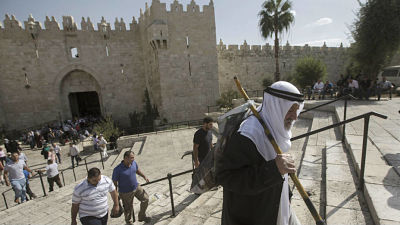

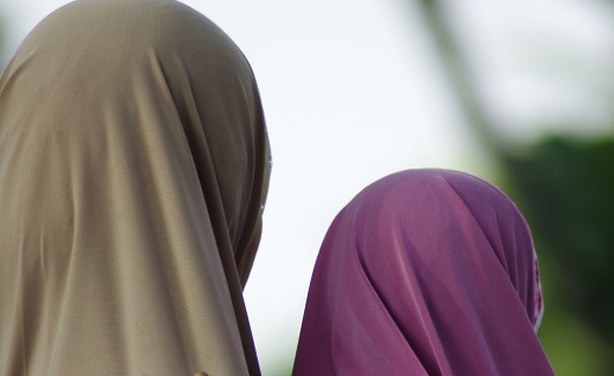
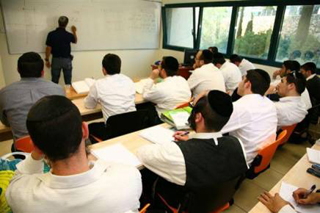
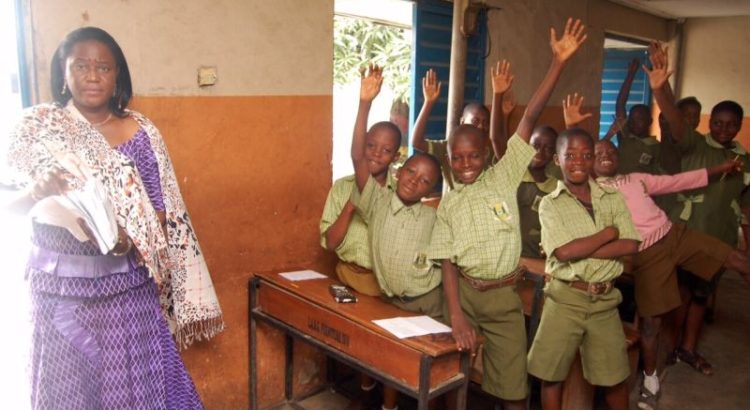
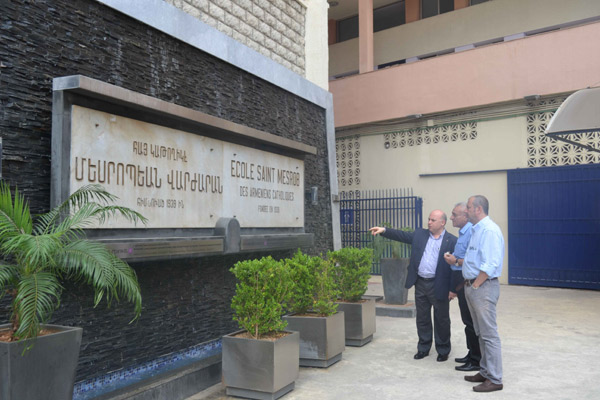
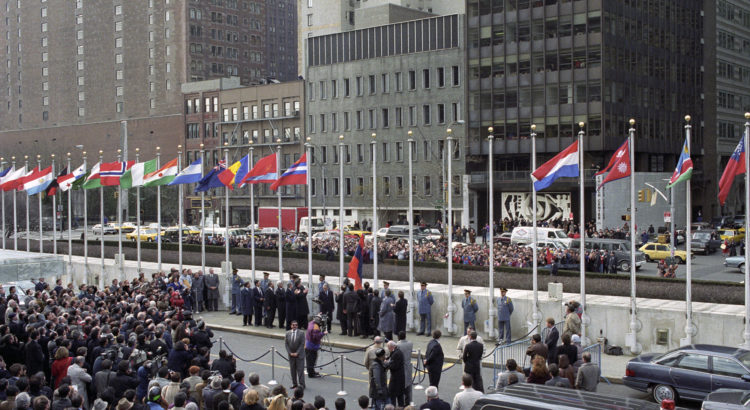






 Users Today : 22
Users Today : 22 Total Users : 35460153
Total Users : 35460153 Views Today : 36
Views Today : 36 Total views : 3418819
Total views : 3418819